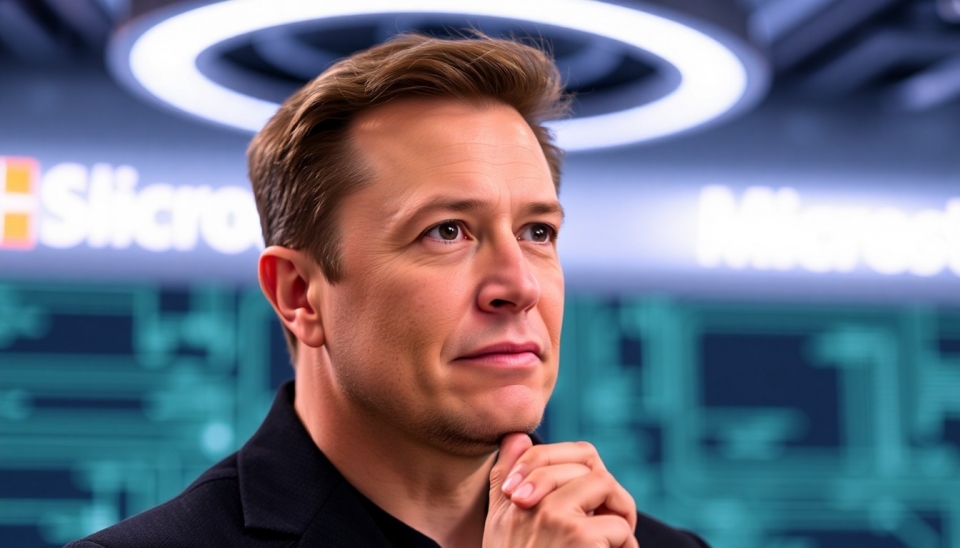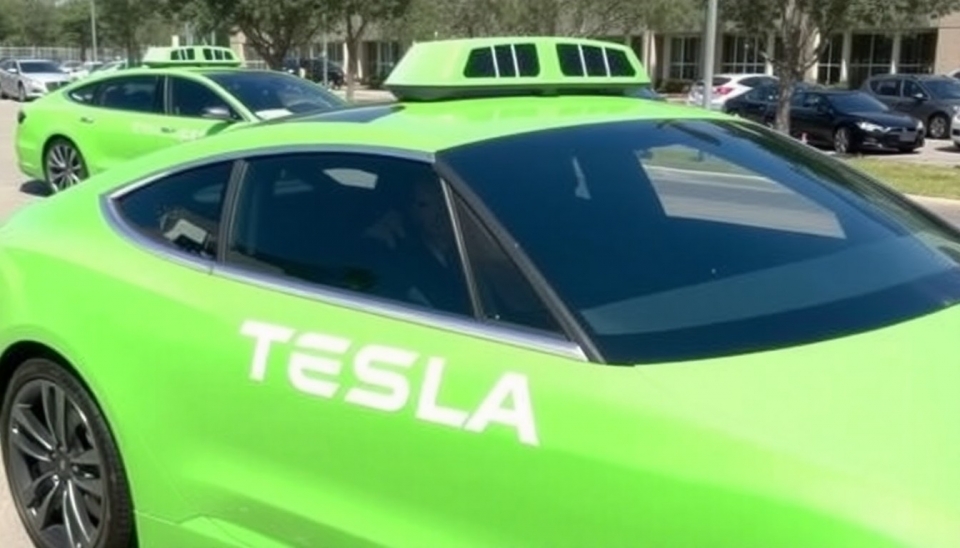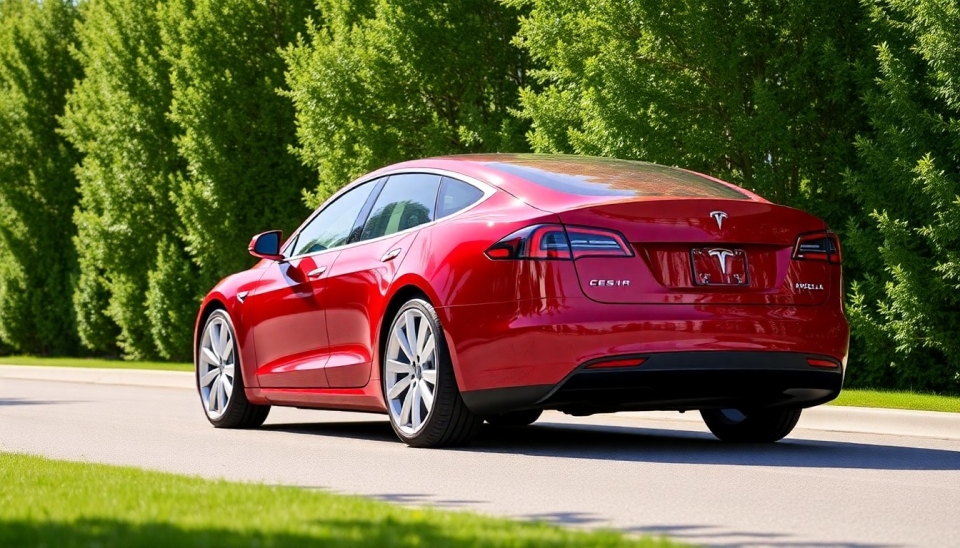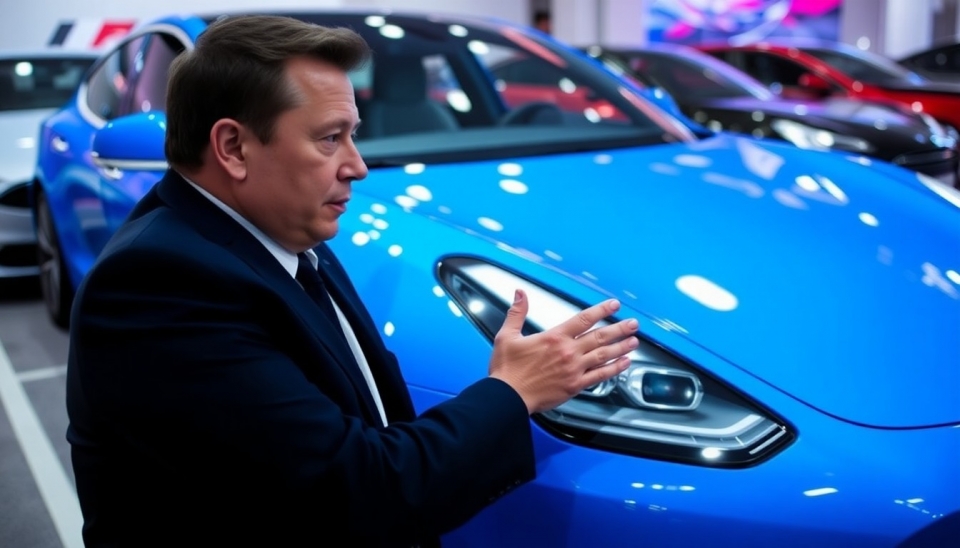
In a significant development in the tech landscape, the U.S. government has expressed its support for Elon Musk's legal challenge concerning the overlapping board memberships at OpenAI and Microsoft. This case comes amid growing concerns about governance in artificial intelligence and the potential conflicts of interest that arise in the intersecting worlds of a for-profit enterprise and a nonprofit organization dedicated to AI research and safety.
Musk, the CEO of Tesla and SpaceX, who also co-founded OpenAI in 2015, is stirring the pot by questioning the dual roles held by major players in the tech sector. His contention revolves around the notion that the connection between Microsoft, a key investor in OpenAI, and the board members of both organizations poses risks to the integrity and objectives of OpenAI’s mission. With Microsoft heavily involved in the commercialization of AI technologies, Musk’s advocacy raises alarms about the potential influences on the decision-making processes within OpenAI.
The Biden administration’s backing of Musk's efforts appears to be a strategic move to address concerns about monopolistic behaviors and the ethical implications tied to AI advancements. There is a growing recognition that oversight is necessary to ensure that AI development remains aligned with public interests, potentially leading to regulatory measures aimed at clarifying the boundaries of corporate practices in the tech sector.
Industry analysts suggest that Musk’s challenge could set a precedent for future collaborations between tech companies and research institutions. The outcome of this legal maneuver may have lasting implications for how board memberships are structured in the increasingly intertwined worlds of profit and purpose-driven AI research.
As AI technology proliferates, ensuring that stakeholders remain accountable is crucial. The interplay between innovation and ethical governance is at the forefront of discussions, particularly as borderlines become blurred by investments from influential tech giants. Musk’s challenge can be viewed as part of a larger dialogue about maintaining a clear mission within organizations that switched from nonprofit intentions to profit-driven businesses.
In the coming weeks, all eyes will be on the proceedings, with implications that could send ripples across the tech landscape. As Musk galvanizes public support, the White House's involvement adds a layer of complexity to the situation, potentially indicating that the government is preparing to intervene in a space fraught with challenges and ethical dilemmas.
The outcome of this case is expected to serve as a litmus test for the kind of governance structures that will emerge in the AI sector moving forward. Will oversight tighten? Will dual board memberships remain common, or will there be a push towards more distinct separations of interests? The answers to these questions could reshape the future of AI governance.
As we move into a new chapter of AI development, this unfolding story promises to shed more light on the complex relationship between technology, ethics, and regulatory frameworks that govern the digital frontier.
#ElonMusk #OpenAI #Microsoft #ArtificialIntelligence #TechNews #Governance #Regulation #AIethics #Innovation
Author: John Miller




